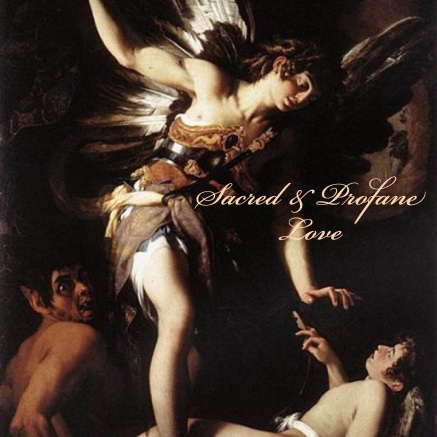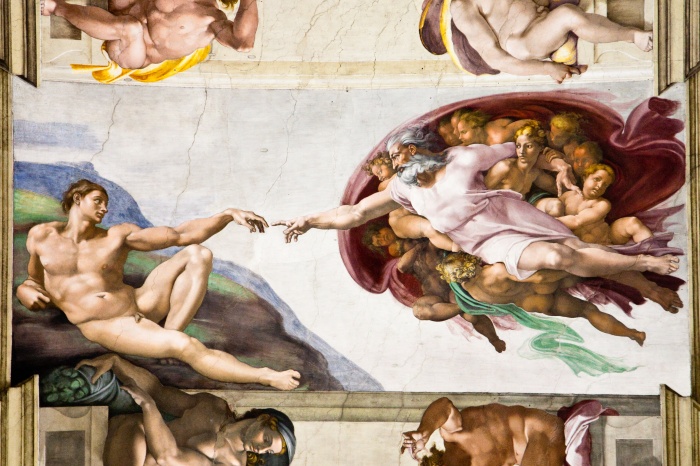
Download Episode 9: “Revelations of Love in John Steinbeck”
In Episode 9 of Sacred & Profane Love “Revelations of Love in John Steinbeck,” Philosopher Jennifer A. Frey speaks with Thomist Theologian, Fr Michael Sherwin, OP, about John Steinbeck’s secular understanding of Christian caritas (charity) and how Steinbeck captures the beauty and power of love in the simple act of sharing breakfast with strangers. Their conversation tackles the nature of divine love as understood by Augustine and Aquinas.
Rev. Prof. Michael Sherwin OP, was one of our faculty for our 2016 Summer Session “Virtue & Happiness”, and is Professor of Fundamental Moral Theology at the University of Fribourg, Switzerland. Fr. Sherwin is director of the Saint Thomas Aquinas Institute for Theology and Culture and of the Pinckaers Archives. Author of articles on the psychology of love, virtue ethics and moral development, his monograph, By Knowledge and By Love: Charity and Knowledge in the Moral Theology of St. Thomas Aquinas (CUA Press, 2005) has been reissued in paperback.
Jennifer A. Frey is Assistant Professor of Philosophy at the University of South Carolina. Prior to joining the philosophy faculty at USC, she was a Collegiate Assistant Professor of Humanities at the University of Chicago, where she was a member of the Society of Fellows in the Liberal Arts and an affiliated faculty in the philosophy department. She earned her PhD in philosophy at the University of Pittsburgh, and her B.A. in Philosophy and Medieval Studies (with Classics minor) at Indiana University-Bloomington. Her research lies at the intersection of philosophy of action and ethics, with a particular focus on the Aristotelian-Thomist tradition.
![]() Subscribe
Subscribe
Preview on iTunes
 Sacred and Profane Love is a podcast in which philosophers, theologians, and literary critics discuss some of their favorite works of literature, and how these works have shaped their own ideas about love, happiness, and meaning in human life. Host Jennifer A. Frey is A Assistant Professor of Philosophy at the University of South Carolina and co-Principal Investigator at Virtue, Happiness, and the Meaning of Life.
Sacred and Profane Love is a podcast in which philosophers, theologians, and literary critics discuss some of their favorite works of literature, and how these works have shaped their own ideas about love, happiness, and meaning in human life. Host Jennifer A. Frey is A Assistant Professor of Philosophy at the University of South Carolina and co-Principal Investigator at Virtue, Happiness, and the Meaning of Life.
This podcast is a project of Virtue, Happiness, & the Meaning of Life, and is made possible through a generous grant from the John Templeton Foundation.
Content copyright the University of South Carolina and the University of Chicago.
Music credits, “Help me Somebody,” by Brian Eno and David Byrne, licensed under CC BY-NC-SA 2.5.




